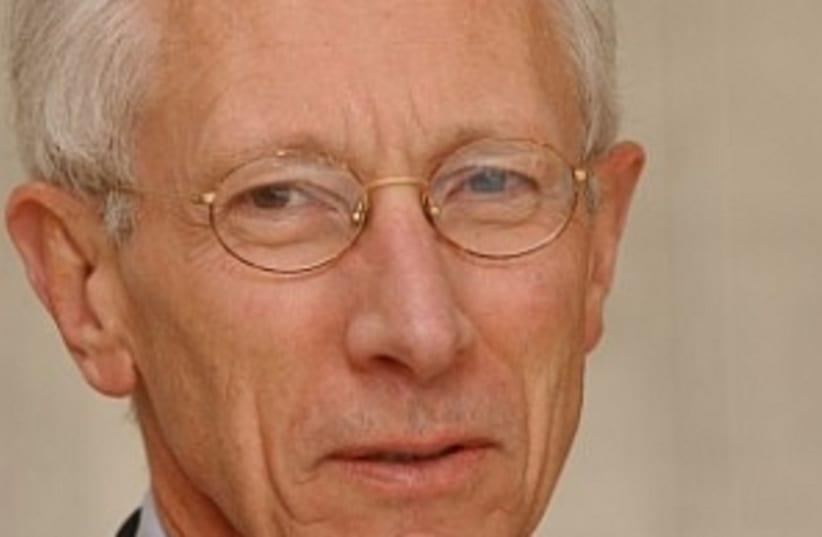| More about: | Ehud Olmert, Stanley Fischer, Ariel Sharon, Arab citizens of Israel |
Olmert, Fischer to fight social distress
Campaign to focus on issues, from education to the elderly to unemployment.


| More about: | Ehud Olmert, Stanley Fischer, Ariel Sharon, Arab citizens of Israel |